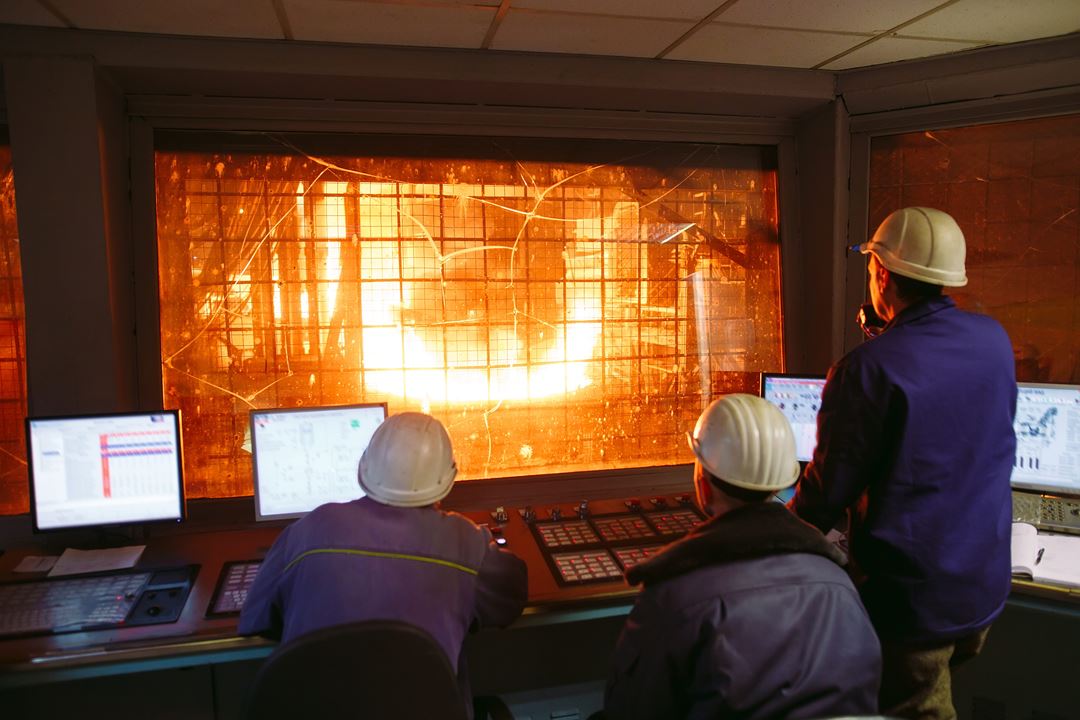There is an imbalance between the pace of change in the well-established process industries in Norway and the high-speed at which technology development and digitalisation are happening. There are massive opportunities for greener and more optimised processes. At the same time, only 17% of Norwegian industry claim to be advanced users in automation and digitalisation.
Bilfinger, the project owner, is a leading supplier of industrial services, and aim to advance their digital platform, BCAP for employment as a digitalisation toolbox in the process industry. In SAM, methods for optimization and control of industrial production processes will be developed, using big data analytics, new online sensors and data-based models. The innovation will lead to the development of algorithms for self-adapting models, which the end-users can potentially integrate into their existing data systems at the end of the project.
The research requires cross-disciplinary expertise in data analysis, process chemistry, measurement systems and process control (cybernetics). The research partners, SINTEF and the University of South-Eastern Norway (USN), will investigate new sensors and models in close collaboration with end-users. The end-users providing case studies for the research are:
- Boliden Odda ASA,
- Elkem ASA
- Eramet Norway AS
- Equinor ASA
- Hydro Aluminium AS
- Yara International ASA
- REC Solar Norway ASA
This project has received funding from the Research Council of Norway. Project No. 295945.

